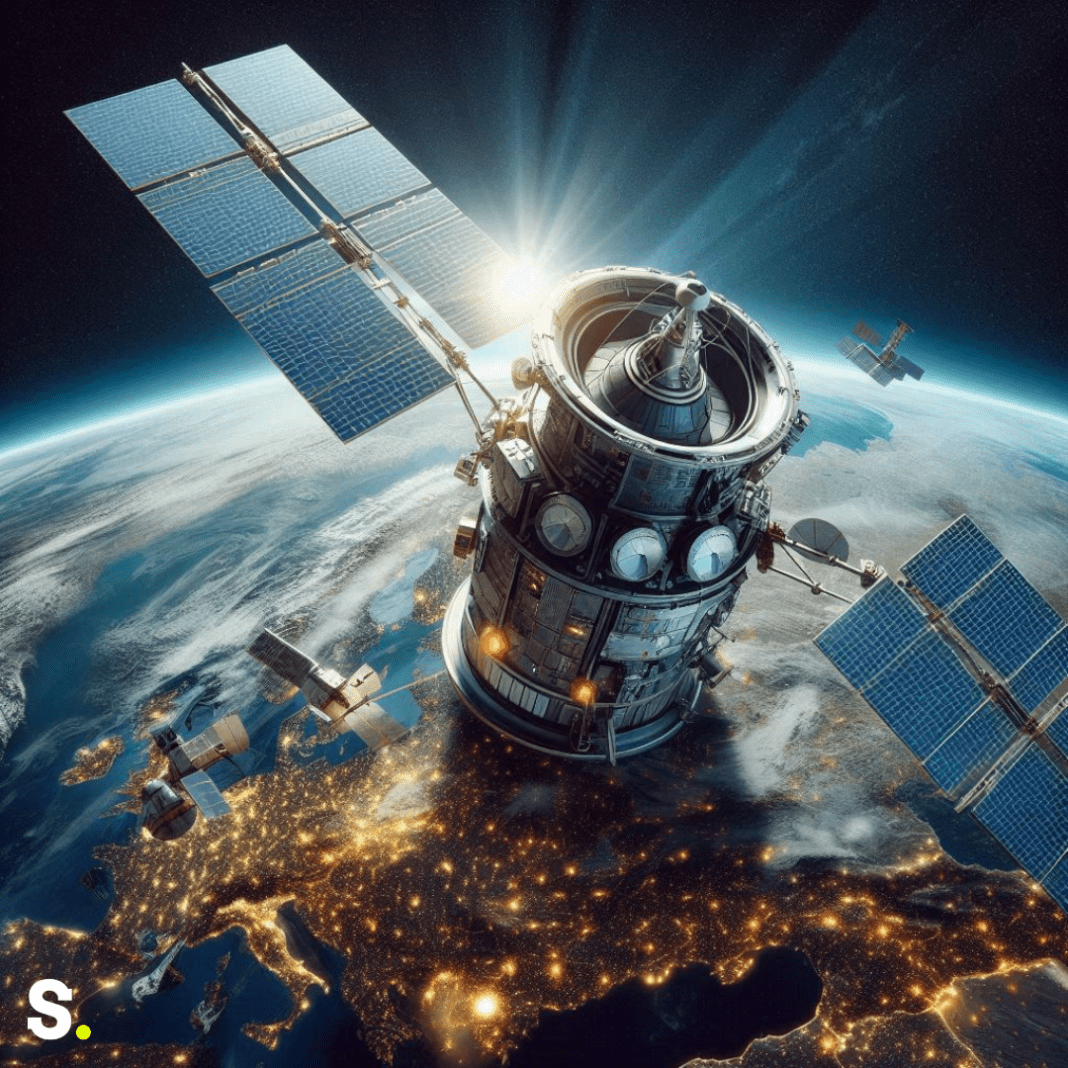The U.S. Space Force has selected SpaceX, Blue Origin, and United Launch Alliance (ULA) to provide launch services for National Security Space Launch (NSSL) missions. These contracts are part of the NSSL Phase 3 program. They are valued at up to $5.6 billion. The launch services will cover fiscal years 2025 through 2029.
Boosting National Security
The NSSL Phase 3 program aims to support national security by launching classified satellites for U.S. agencies. These agencies include the Missile Defense Agency, the Space Development Agency, and the National Reconnaissance Office. Over the next five years, at least 30 NSSL Lane 1 missions will target low Earth orbit (LEO). These missions are crucial for maintaining and enhancing the United States’ national security infrastructure in space.
Increasing Competition and Reducing Costs
The U.S. Department of Defense announced the selection on June 13, 2024. The decision aims to increase competition among launch service providers, driving down costs for national security payloads. SpaceX, Blue Origin, and ULA will compete for these contracts, ensuring that the U.S. government gets the best value for its investments in space security.
Blue Origin’s First National Security Contract
This selection marks a significant milestone for Jeff Bezos’ Blue Origin. Despite an unsuccessful bid and appeal during the NSSL Phase 2, Blue Origin has now secured its first national security launch contracts. The company will use its New Glenn heavy-lift rocket for these missions. The first flight of New Glenn is scheduled for August 2024, aiming to send NASA’s EscaPADE mission to Mars. This achievement underscores Blue Origin’s growing capabilities and its readiness to contribute to national security launches.
ULA’s Vulcan Rocket to Play a Key Role
United Launch Alliance will use its new Vulcan rocket for the NSSL Phase 3 missions. ULA successfully launched the Vulcan rocket for the first time in January 2024. With this new selection, ULA aims to establish Vulcan as a reliable vehicle for national security missions. The Vulcan rocket’s performance and reliability will be crucial as ULA competes with SpaceX and Blue Origin.
SpaceX’s Continued Success
SpaceX, a dominant player in the space launch industry, will continue to provide its services for national security missions. The company has a proven track record with its Falcon 9 and Falcon Heavy rockets. SpaceX’s ability to launch payloads efficiently and at lower costs has set a high standard in the industry. The NSSL Phase 3 contracts will further solidify SpaceX’s role in national security launches.
Future Prospects and Lane 2 Missions
The NSSL Phase 3 program is divided into two lanes. The recently announced contracts cover Lane 1 missions, which primarily target low Earth orbit. Contracts for Lane 2 missions will be awarded later. Lane 2 missions will use heavy-lift rockets to reach more challenging orbits. These missions will involve more complex payloads and destinations, requiring advanced launch capabilities.
A Competitive Selection Process
The NSSL Phase 3 selection process was highly competitive. The contract notice disclosed that seven companies submitted offers. This competitive environment is anticipated to drive the chosen enterprises to be more innovative and economical. The next opportunity for launch companies to secure national security missions will come in the financial year 2025.
Strengthening U.S. Space Capabilities
The selection of SpaceX, Blue Origin, and ULA underscores the U.S. Space Force’s commitment to strengthening national security through robust space capabilities. By leveraging the expertise of these leading companies, the U.S. can maintain its edge in space technology and security. The NSSL Phase 3 program is a critical step in ensuring that the United States remains at the forefront of space exploration and defense.
Way Forward
The U.S. Space Force’s decision to select SpaceX, Blue Origin, and ULA for NSSL Phase 3 contracts marks a new era in national security space launches. This move will increase competition, reduce costs, and enhance the capabilities of the U.S. space program. As these companies gear up for their missions, they will play a vital role in safeguarding national security and advancing space technology.



